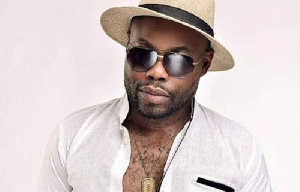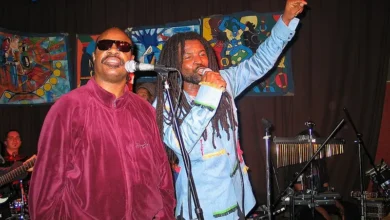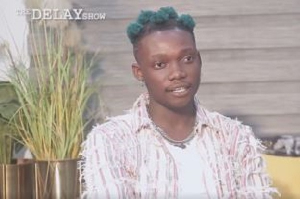Dulcie Boateng Flaunts GH¢40,000 “Sickness Allowance” Gift from New Partner — Sparks Debate Online

Ghanaian social media influencer, Dulcie Boateng, has once again found herself in the spotlight after revealing that her new partner gave her a whopping GH¢40,000 as a “sickness allowance.” The revelation, which she made through a post on X (formerly Twitter), has sparked widespread conversation across social media platforms, with opinions sharply divided.
In a series of light-hearted posts, Dulcie shared her excitement over the generous gesture, claiming that her partner wanted to “cheer her up” and support her recovery while she was unwell. She described the money as a “sickness allowance,” a term that quickly caught the attention of online users who debated whether the phrase was meant humorously or literally.
While many of her fans congratulated her and expressed admiration for her relationship, others questioned the intent behind publicizing such an expensive gift. Some critics argued that flaunting lavish gifts during a period of illness could appear insensitive, especially in an economy where many people struggle to make ends meet. Others defended her, insisting that she was simply sharing a moment of affection and appreciation with her followers.
“I was shocked when he sent me GH¢40,000 just because I said I wasn’t feeling well,” Dulcie reportedly posted. “He said it’s my sickness allowance — for being a strong woman.”
The post instantly went viral, generating hundreds of comments and shares within hours. While some users celebrated her partner’s generosity, others accused Dulcie of glamorizing transactional relationships — where affection is equated with monetary gifts. The debate soon extended beyond her followers, prompting discussions on influencer culture and how social media personalities blur the lines between personal experiences and performative content.
Analysts of digital trends in Ghana say Dulcie’s story highlights the growing culture of “influencer gifting” — where public figures use romantic gestures, luxury gifts, and grand surprises to engage audiences and boost their online visibility. Such posts often serve as content strategies, attracting likes, comments, and brand attention, but they also invite scrutiny about authenticity and values.
Media commentator Nana Efua Kumi noted that Dulcie’s post represents “a new kind of online storytelling where even private moments of vulnerability are repackaged for engagement.” She added, “Influencers today curate their lives like brands. Every post — even about love or sickness — is part of their content economy.”
Some social media users questioned the sustainability of flaunting expensive gifts online, suggesting it can set unrealistic expectations for young followers who may view wealth as a measure of self-worth or relationship success. Others, however, saw nothing wrong with it, arguing that Dulcie was simply expressing gratitude and joy in her own way.
Despite the controversy, Dulcie has maintained her cheerful tone online, responding humorously to critics and thanking her supporters for their kind messages. Her confidence and transparency, supporters say, are part of what makes her relatable and entertaining — qualities that have helped her build a strong online following.
Still, the incident has reignited larger conversations about influencer ethics, the portrayal of luxury in Ghana’s online culture, and how public figures navigate the thin line between sharing and oversharing.
For Dulcie Boateng, the GH¢40,000 “sickness allowance” may have started as a personal gift, but it has once again proven how a single post can stir national attention — reflecting the power and pressure of modern-day influencer life in Ghana’s social media landscape.
Snap influencer Dulcie took to social media to share that her boyfriend gifted her 40,000 GHS while she was unwell.😂 pic.twitter.com/bIK91b8zFG
— Anas Entertainment news (@anas_news1) November 3, 2025
Source: Thepressradio.com





